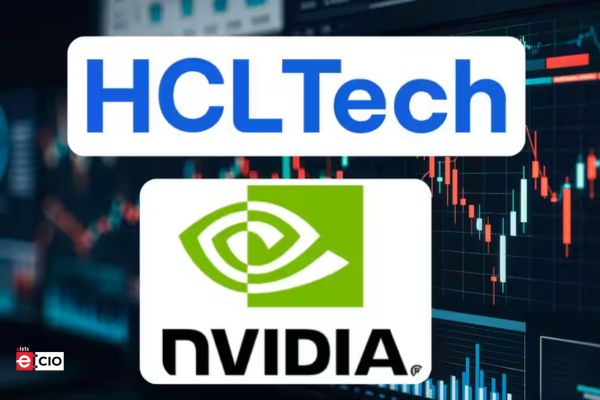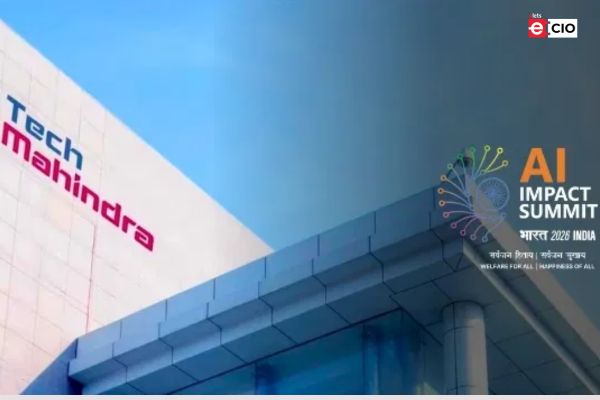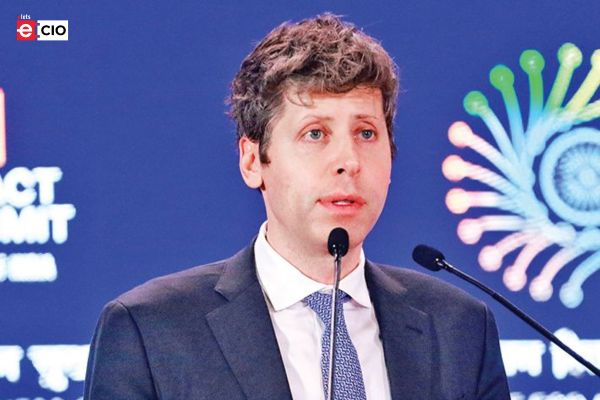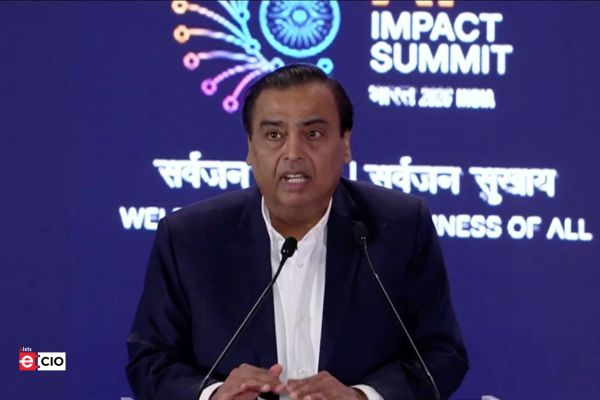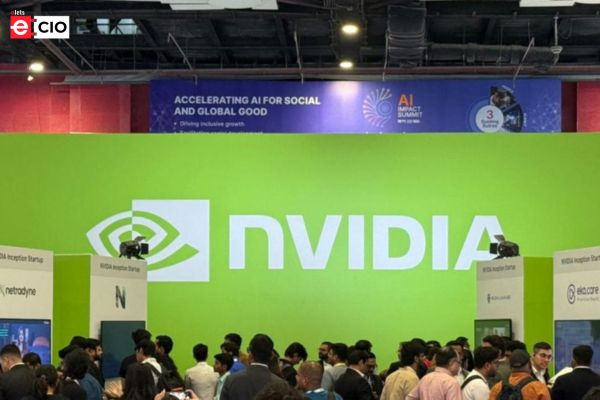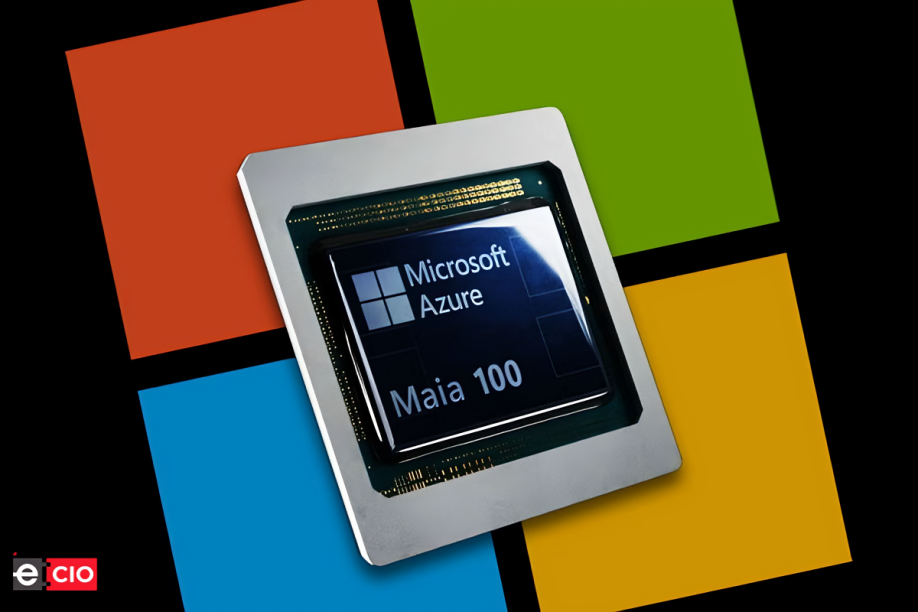
Microsoft’s much-anticipated next-generation AI chip, code-named Braga, will not enter mass production until 2026, according to a report by The Information. This represents a significant delay from the company’s original 2025 target and marks a setback in its ongoing effort to reduce dependency on Nvidia’s powerful GPU offerings.
The chip—officially known as the Maia AI chip—was introduced in November 2023 as part of Microsoft’s broader strategy to develop proprietary AI hardware tailored for its data centres and cloud operations. However, the project has faced several roadblocks, including design modifications, high employee turnover, and staffing constraints, all of which have contributed to a six-month delay, as per sources directly involved in the initiative.
Initially intended for deployment in Microsoft’s data centres this year, the Braga chip is now slated for production in early 2026. Notably, industry insiders suggest that even when launched, the chip will lag behind Nvidia’s Blackwell processor, which debuted late last year and has already set new benchmarks in AI computing performance.
The setback places Microsoft behind rivals like Google and Amazon, who have made more substantial strides in custom AI chip development. Google’s Tensor Processing Units (TPUs)—currently in their seventh generation—have found traction in powering both internal and external AI workloads. Amazon’s Trainium3 chip, unveiled in December 2024, is expected to begin production later this year, giving it a timing advantage in the competitive cloud-AI space.
Despite the delay, Microsoft continues to assert the importance of custom chips in supporting its long-term AI ambitions. By moving away from exclusive reliance on Nvidia, Microsoft hopes to lower infrastructure costs, improve operational scalability, and retain greater control over AI model performance across Azure.
In parallel with technical developments, Microsoft CEO Satya Nadella has articulated a clear philosophical stance on the role of AI. Speaking at Y Combinator’s AI Startup School, Nadella called for a values-based approach to AI deployment, emphasising that AI’s environmental and societal impact must be justified. “If you’re going to use energy, you better have social permission to use it,” Nadella said. “We just can’t consume energy unless we are creating social and economic value.”
He illustrated his vision with a practical healthcare example, noting that AI could optimise basic processes like hospital discharges, saving time, money, and energy in overburdened systems. His comments come in the wake of workforce reductions at Microsoft, including 6,000 job cuts, with reports suggesting more layoffs could follow in July. These realities underscore the pressure on Microsoft to demonstrate that AI is not just powerful, but also purposeful.
As Microsoft regroups to address the setbacks in its hardware roadmap, the coming year will be critical. Whether the delayed Braga chip can regain momentum—and match the pace of its competitors—remains a pressing question for one of the world’s most influential tech firms.
Be a part of Elets Collaborative Initiatives. Join Us for Upcoming Events and explore business opportunities. Like us on Facebook , connect with us on LinkedIn and follow us on Twitter.
"Exciting news! Elets technomedia is now on WhatsApp Channels Subscribe today by clicking the link and stay updated with the latest insights!" Click here!





